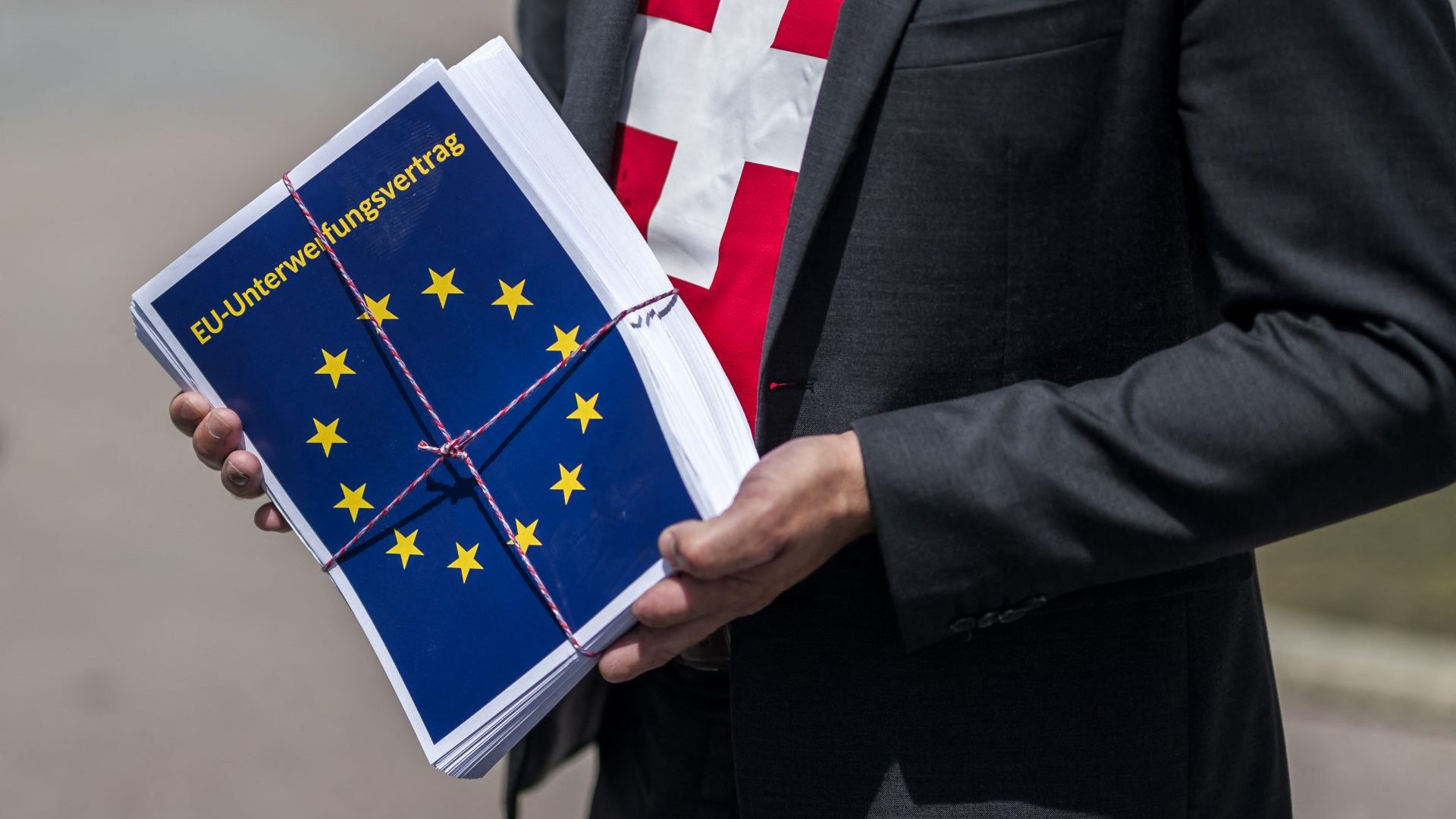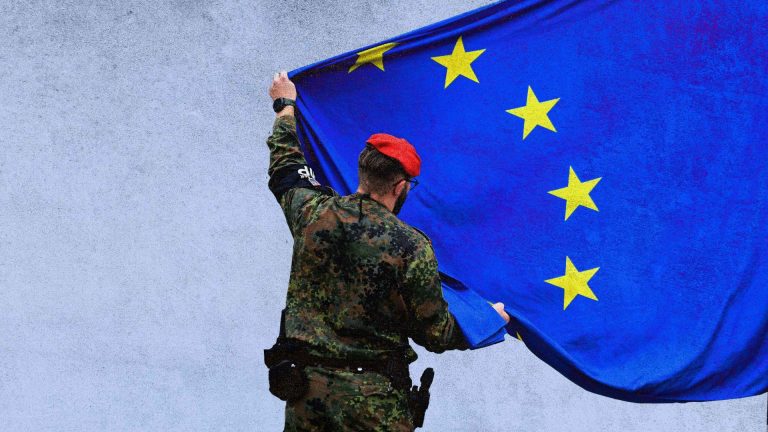A country outside the EU is keen to improve its access to the single market. It knows there are major trade-offs to do this – paying into the bloc’s budget, accepting more migration and, crucially, becoming a rule-taker rather than rule-maker. But it also knows that more than three fifths of its exports go to that market.
Meanwhile, a noisy anti-European movement, with support from the far right, objects to the loss of sovereignty and being forced to accept EU rules, even though the country never deviates from them anyway. It has vowed to defeat the move in a referendum.
That country – you may have anticipated the twist – isn’t Britain. It’s Switzerland. But the current state of play between Brussels and Bern manages to simultaneously act as a replay of 2016 and a crystal ball into how things might go were Britain ever to elect a government with the desire and mandate to take the country back into the single market.
Relations between Switzerland and the EU have long been like the country’s famous cheese: distinctly nutty and full of holes. While not a member state (a 2001 referendum on opening accession negotiations was rejected by 76.8% of voters) it is associated with the Union via a series of convoluted bilateral treaties, dating back to the 1990s, which make a large share of EU law applicable to Switzerland and give the country access to the single market.
Both sides have long wanted to tidy this up, the Swiss to improve that access and Brussels to end the bilateral relationship and the perceived special treatment many in the EU feel Bern receives. And so last month a document was unveiled – cuckoo-clocking in at a whopping 1,000 pages – which will finally end Switzerland’s Schrödinger-like relationship with the single market and anchor the nation firmly within it.
In true Brussels style, it’s not actually as tidy as all that. Even with this agreement around 120 additional sectoral agreements will remain in place. But the remaining ambiguity will dissipate. Switzerland will be bound to changes in EU legislation and regulations which it presently voluntarily adheres to. It will pay €375mn annually into the EU budget, and it will follow its migration rules.
There’s still a big “if”, though, at least from the Swiss side. First, the country will hold a public consultation, before the agreement goes before the country’s parliament for debate, probably early next year. The government aims to hold a referendum on adopting it by June 2027.
Suggested Reading

When Switzerland gave Trump the finger
Will it pass? Swiss attitudes to the EU are unsurprisingly complex. Polling last year showed that, while only 28% of Swiss people hold positive views toward the bloc, 71% supported continuing bilateral negotiations, 88% viewed the negotiations as “important” for the economy, and 81% thought good relations “secure[d] contracts and [gave] Swiss companies access to the most important export market”.
And besides, were Switzerland to reject the agreement, the pressure on the Union to tear up the existing bilateral agreements and the special status pour encourager les autres would be overwhelming.
Which brings us to Britain. Tantalisingly, a Swiss official was quoted in the Financial Times earlier this week as saying: “There has been a pick-up in engagement and interest by the British in the negotiations we have been having with Brussels.”
And why wouldn’t there be? Both economies share a similar trade profile with the EU: heavily integrated in the single market for goods but with greater global markets in services, large financial sectors and no great urgency to deviate from regulatory autonomy despite some market access costs, and electorates in both countries with historical concerns over sovereignty.
That “pick-up in engagement and interest” is likely to be at a bureaucratic rather than political level: Keir Starmer remains as infuriatingly wedded to his Brexit red lines as ever. But might our senior civil servants have an eye on the next election? What if, for example, the demand from the Liberal Democrats to allow a diminished Labour to stay in government was to seek reentry to the single marker, or watch Nigel Farage enter Downing Street?
If so, then the lessons from the EU-Swiss agreement may prove instructive. In some ways Switzerland may be echoing Britain’s recent political past, but in others its future too.












